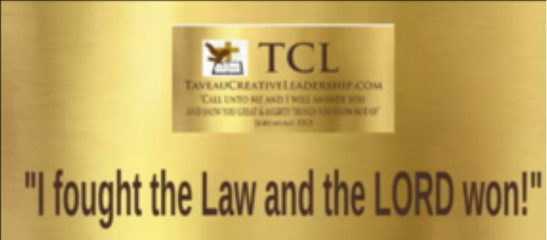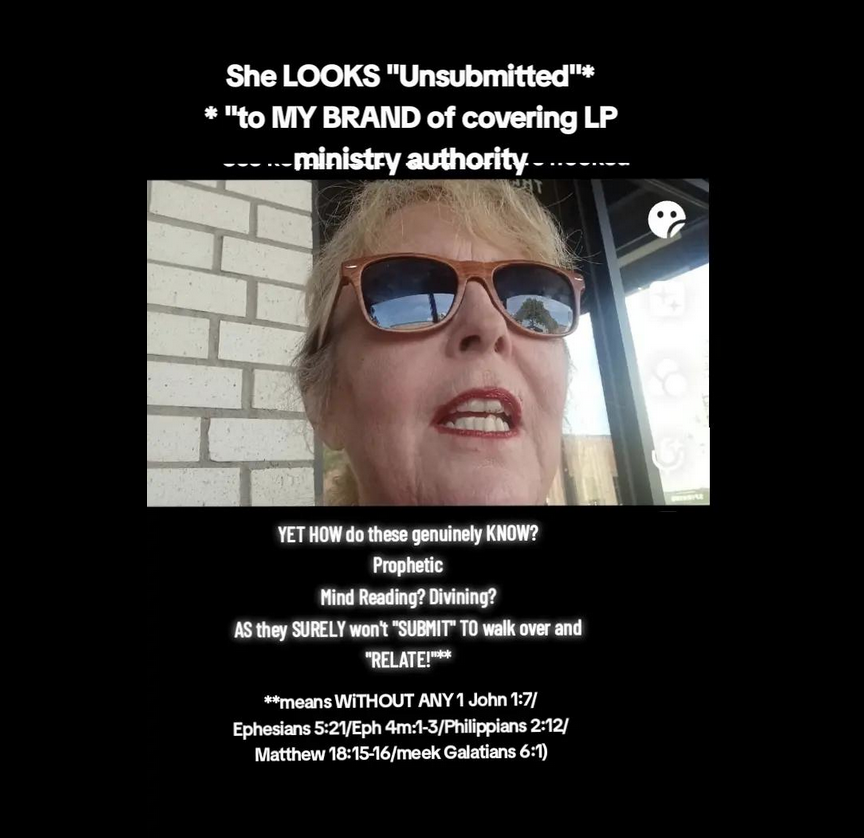
AI AND I” DEEP DIVE INTO PROPHET MIND READING.
PART 2 INQUIRING MINDS NEED THAT DESERVE TO FULLY KNOW
Part 2 must viewed in light of DEEP DIVE MINISTRY PROPHETIC MIND READING Part 1 to UNDERSTAND, WHY, KNOW WE “OBSERVE”**
**And OUR RECOURSE AGAINST ANY OF THIS
PURPOSELY FOR ASKING (Interviewing) CHAT GPT AI?
Taveau Asks Chat GPT AI as an impartial objective, historian of sort.
“We need to compare 1 John 1:7 in light of Christian training, participating in the 2 Kings 6:12 “Elisha” prophet ‘seer” “seeing” GIFT and “the calm respecting fruit of the wisdom from above” James 3:17
1 John 1:7 (KJV):
“But if we walk in the light, as he is in the light, we have fellowship one with another, and the blood of Jesus Christ his Son cleanseth us from all sin.”
2 Kings 6:12 (KJV):
“And one of his servants said, None, my lord, O king: but Elisha, the prophet that is in Israel, telleth the king of Israel the words that thou speakest in thy bedchamber.”
James 3:17 (KJV):
“But the wisdom that is from above is first pure, then peaceable, gentle, and easy to be intreated, full of mercy and good fruits, without partiality, and without hypocrisy.”


APOSTLE TAVEAU’S PERSPECTIVE and Now Need for This Christian Ministry Teaching
The Perilous Times 2 Apostle Paul “fellowship, ministry, leadership, lay, cult ESCAPE CLAUSES to enforced “Christian Hebrews 10:25 ” Spiritual Checks and Balances
Check the following lay of the land, fruit:
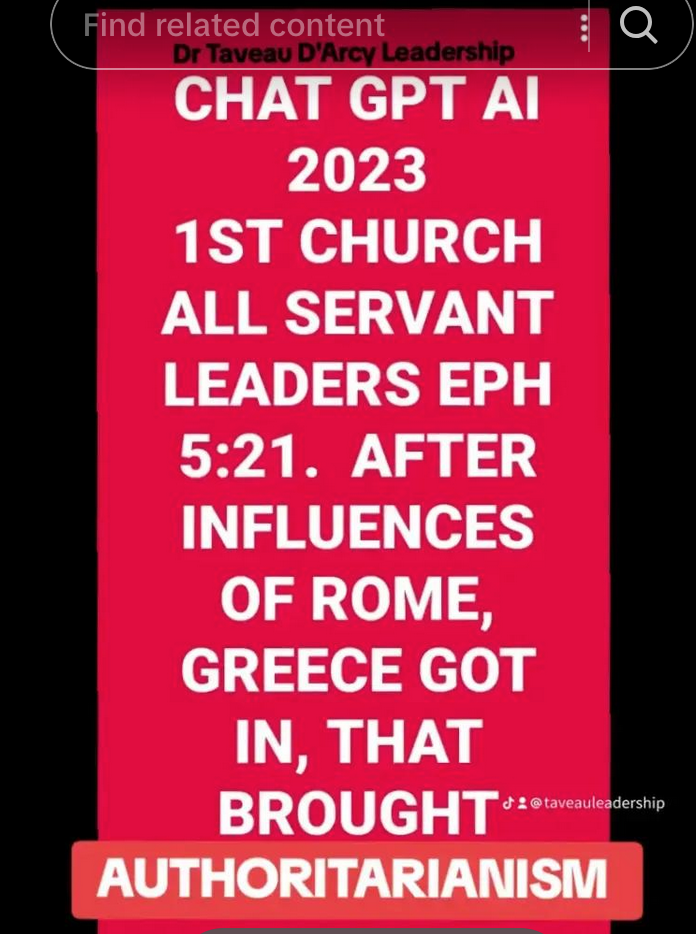
TD ASKS:
DEAR CHAT, BRIEFLY DESCRIBE APOSTLE PAUL IN COMMUNITY
CHAT GPT AI RESPONDS:
Community, Family, and Order (Ephesians 4-5)
- Ephesians 4: Unity and Maturity: Paul outlines a vision for the church as a unified body, where each member plays a role in building up the community. He emphasizes the importance of unity, spiritual maturity, and the proper functioning of the church’s leadership structure (apostles, prophets, evangelists, pastors, and teachers).
- Ephesians 5:21-6:9: Family and Household Codes: Paul extends the principles of mutual submission and love to the Christian household. He describes relationships between husbands and wives, parents and children, and masters and slaves, stressing that all should act out of reverence for Christ. This creates an order that is not based on dominance but on mutual respect and love, reflecting the order of the broader Christian community.
- Chain of Command and Order: Paul’s teachings in Ephesians reflect a well-ordered community where each person understands their role and responsibilities. The “chain of command” is rooted in mutual submission and love, with Christ as the ultimate authority. This structure fosters harmony and ensures that the community functions effectively as a reflection of Christ’s love and authority.
NEXT Taveau Asks,
“WHAT IS THE ROLE OF THE BOOK OF ACTS, “GIFT” OF THE HOLY SPIRIT “PRIMARY ROLE?”
CHAT REPLIES:
Role of the Holy Spirit
- John 16:13 (KJV): “Howbeit when he, the Spirit of truth, is come, he will guide you into all truth: for he shall not speak of himself; but whatsoever he shall hear, that shall he speak: and he will show you things to come.”The Holy Spirit’s role is to guide believers into truth and reveal what is necessary for the building up of the church. Prophetic insight should align with this role, focusing on edification, comfort, and encouragement rather than judgment or manipulation.
TD ASKS CHAT AI
(as the means for discernment, perceiving the inner witness of God’s Holy Spirit)
“How do we recognize the “Holy Spirit” in a word, message, thought, advice, counsel, prophetic message?
Ai RESPONDS
James 3:17 (KJV):
“But the wisdom that is from above is first pure, then peaceable, gentle, and easy to be entreated, full of mercy and good fruits, without partiality, and without hypocrisy.”
TD STATES: I want to add the following:
2 Timothy 1:7 (KJV):
“For God hath not given us the spirit of fear; but of power, and of love, and of a sound mind.”

Taveau Asks Chat GPT Ai:
In light of all of the (Apostle Paul I Cor 14:10)”many voices” Examples, repeated teachings, words, emails, many ideas, recurring thoughts, TV, Media, dreams, impressions and vibes, words HOW can we DISCERN the true Holy Spirit, the Lord in each of our own selves but also in the words, character, authority and rules, training, mentoring of OTHERS? I submit it can be assessed by the following 2 verses “the wisdom from above James 3:17 ” and 2 Timothy 1:7 (basically not fully!).
Therefore please expound upon these 2 major Bible verses: Assessing by James 3:17 “pure fruit” and 2 Timothy 1:7
Chat Ai replies
James 3:17 (KJV):
“But the wisdom that is from above is first pure, then peaceable, gentle, and easy to be entreated, full of mercy and good fruits, without partiality, and without hypocrisy.”
Mature Explanation of James 3:17
James 3:17 provides a description of the qualities of wisdom that comes from God. This verse contrasts divine wisdom with earthly wisdom and offers a guide for evaluating the authenticity of wisdom in leadership and decision-making. Here’s a detailed breakdown:
**1. Qualities of Divine Wisdom:
First Pure:
Definition: Pure wisdom is free from moral impurity, deceit, and ulterior motives. It reflects integrity and transparency.
Application: In leadership and ministry, purity means making decisions based on ethical standards and genuine concern for others, rather than personal gain or bias.
Then Peaceable:
Definition: Peaceable wisdom promotes harmony and reconciliation. It seeks to resolve conflicts and build unity.
Application: Leaders should aim to foster a peaceful environment, addressing disputes in a way that encourages reconciliation and cooperation rather than division.
Gentle:
Definition: Gentle wisdom is characterized by kindness and consideration. It involves a humble and non-aggressive approach.
Application: Exercising gentleness in leadership involves treating others with respect and understanding, avoiding harshness or coercion.
Easy to Be Intreated:
Definition: Wisdom that is easy to be intreated is approachable and willing to listen to others. It is receptive to feedback and open to negotiation.
Application: Leaders should be approachable and willing to consider different perspectives and concerns, facilitating open dialogue and collaboration.
Full of Mercy and Good Fruits:
Definition: Such wisdom is compassionate and productive, demonstrating kindness and resulting in positive outcomes.
Application: Leaders should show mercy and kindness, and their actions should result in beneficial outcomes for others, reflecting the positive impact of their decisions.
Without Partiality:
Definition: Divine wisdom is impartial and fair. It does not show favoritism or discrimination based on personal biases or external factors.
Application: Leaders and members should strive to be impartial in their judgments and interactions, treating everyone with equal respect and fairness.
Without Hypocrisy:
Definition: Wisdom without hypocrisy is genuine and consistent. It is not marked by duplicity or pretense.
Application: Leaders should ensure their actions align with their words, avoiding pretense or deceit in their conduct and decision-making.
**2. Impact on Modern Ministry and Leadership:
**A. Promoting Integrity and Fairness:
Avoiding Favoritism: Leaders should ensure that their decisions and actions reflect impartiality. This means treating all individuals with fairness, regardless of their background or status.
Modeling Genuine Behavior: By embodying the qualities of divine wisdom, leaders set a standard for others to follow, promoting a culture of integrity and sincerity.
**B. Building a Healthy Community:
Encouraging Openness: Create an environment where feedback is welcomed and conflicts are resolved peacefully. This fosters a sense of trust and cooperation within the community.
Demonstrating Compassion: Show mercy and kindness in interactions, and ensure that decisions lead to positive outcomes for individuals and the community.
**C. Avoiding Pitfalls of Earthly Wisdom:
Beware of Hypocrisy: Guard against inconsistencies between what is preached and what is practiced. Ensure that the principles of divine wisdom are lived out authentically.
Reject Partiality: Actively work against biases and favoritism that may arise. Ensure that decisions are based on fairness and equity rather than personal preferences.
**3. Practical Steps for Application:
Regular Reflection: Encourage leaders and members to regularly reflect on their decision-making processes and interactions to ensure they align with the qualities of divine wisdom.
Training and Development: Provide training on the principles of divine wisdom and how to apply them in practical scenarios, including conflict resolution, leadership, and community building.
Seek Accountability: Establish structures for accountability where leaders can be held responsible for demonstrating the qualities of divine wisdom in their actions and decisions.
By adhering to the principles outlined in James 3:17, ministries and leaders can cultivate a culture of wisdom that reflects God’s values, promoting fairness, compassion, and integrity within the community.
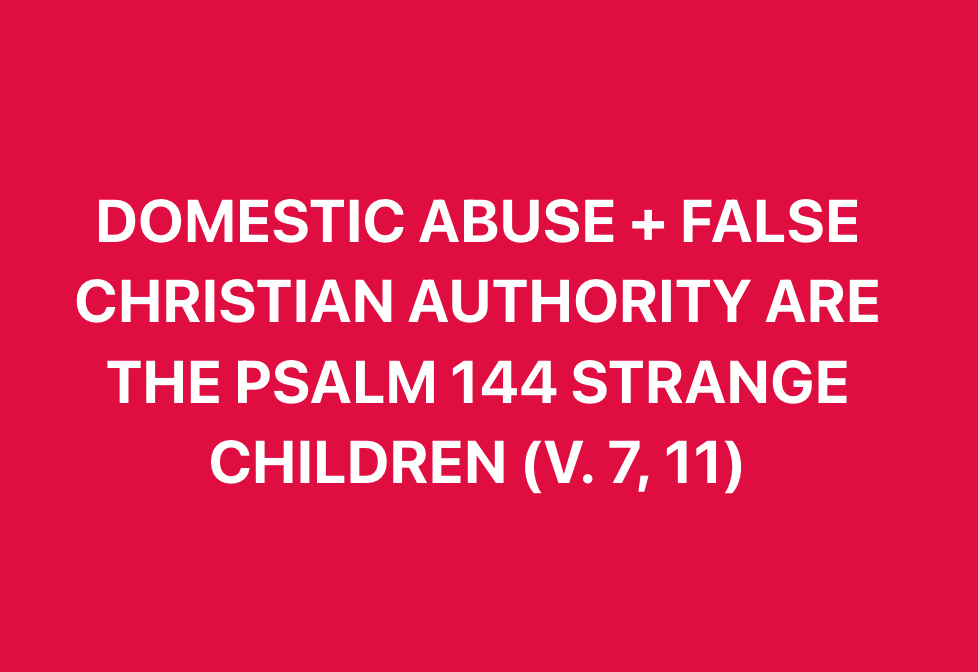
TAVEAU ASKS AI:
Discuss the deepest inner meaning of 2 Timothy 1:7 KJV in light of discerning the pure will of God as well determining if it is the HOLY SPIRIT
CHAT RESPONDS:
2 Timothy 1:7 (KJV):
“For God hath not given us the spirit of fear; but of power, and of love, and of a sound mind.”
Deep Inner Meaning of 2 Timothy 1:7
**1. Context and Purpose:
- Context: This verse is part of Paul’s second letter to Timothy, a young pastor. Paul writes to encourage Timothy amidst challenges and fears he faces in his ministry. The letter addresses themes of perseverance, faithfulness, and the need for courage in the face of adversity.
- Purpose: The verse aims to reassure Timothy that fear is not from God and to emphasize the attributes that come from the Holy Spirit—power, love, and a sound mind—as sources of strength and guidance.
**2. Understanding the Spirit of Fear:
- Nature of Fear: The “spirit of fear” refers to a debilitating, paralyzing fear that can hinder one’s faith and effectiveness. It often leads to a lack of confidence and reluctance to act in alignment with God’s will.
- Opposition to God’s Spirit: This spirit of fear is contrasted with the qualities of the Holy Spirit, indicating that fear does not come from God but from other sources or from within ourselves.
**3. Attributes Given by the Holy Spirit:
- Power:
- Meaning: This refers to the strength and capability that comes from God to overcome challenges and fulfill His will. It is the divine enablement to act courageously and effectively in various circumstances.
- Application: Discerning God’s will involves recognizing the empowering presence of the Holy Spirit, which equips believers to act with boldness and resolve, even in difficult situations.
- Love:
- Meaning: This denotes the selfless, sacrificial love that characterizes God’s nature and should also define the believer’s actions. Love is central to fulfilling God’s commands and interacting with others.
- Application: Determining if it is the Holy Spirit involves assessing whether the guidance or prompting aligns with the principle of love. Actions inspired by the Holy Spirit will reflect genuine concern for others and a commitment to God’s commands.
- Sound Mind:
- Meaning: A sound mind refers to clarity of thought, self-discipline, and mental stability. It is the ability to make wise, reasoned decisions based on God’s guidance.
- Application: Discerning the will of God requires a sound mind, which involves thoughtful prayer, seeking counsel, and applying wisdom in decision-making. The Holy Spirit provides this clarity, leading to decisions that are coherent with God’s purpose and truth.
Determining If It Is the Holy Spirit:
**1. Consistency with Biblical Principles:
- Alignment with Scripture: Any leading or prompting must align with the teachings of the Bible. The Holy Spirit will never contradict the written Word of God but will work in harmony with it.
- Test the Spirits: According to 1 John 4:1 (“Beloved, believe not every spirit, but try the spirits whether they are of God”), it is essential to test whether the influence aligns with biblical truth.
**2. Presence of the Fruits of the Spirit:
- Fruits of the Spirit: In Galatians 5:22-23, Paul describes the fruits of the Spirit: love, joy, peace, long-suffering, gentleness, goodness, faith, meekness, and temperance. Any genuine guidance from the Holy Spirit will produce these fruits in the believer’s life.
- Practical Application: Evaluate whether the guidance or prompting is leading to the development of these virtues. The Holy Spirit’s work will result in positive, godly attributes in the believer’s life.
**3. Seeking Confirmation:
- Prayer and Reflection: Engage in prayer and reflection to seek clarity from God. Ask for the Holy Spirit’s guidance and wisdom in understanding and discerning His will.
- Counsel from Mature Believers: Seek input from trusted, spiritually mature individuals. They can provide perspective and confirmation regarding the guidance or decision in question.
**4. Peace and Assurance:
- Inner Peace: The Holy Spirit brings peace and assurance, even in challenging circumstances. If a decision or prompting causes confusion, anxiety, or inner turmoil, it may not be from the Holy Spirit.
- **Colossians 3:15 (KJV): “And let the peace of God rule in your hearts, to the which also ye are called in one body; and be ye thankful.”
Summary:
2 Timothy 1:7 emphasizes that the Holy Spirit equips believers with power, love, and a sound mind, contrasting this with the spirit of fear. To discern the pure will of God and determine if it is the Holy Spirit, one must ensure alignment with biblical principles, assess the presence of the fruits of the Spirit, seek confirmation through prayer and counsel, and experience inner peace. These elements together help ensure that the guidance or prompting is truly from the Holy Spirit and reflects God’s will for one’s life.
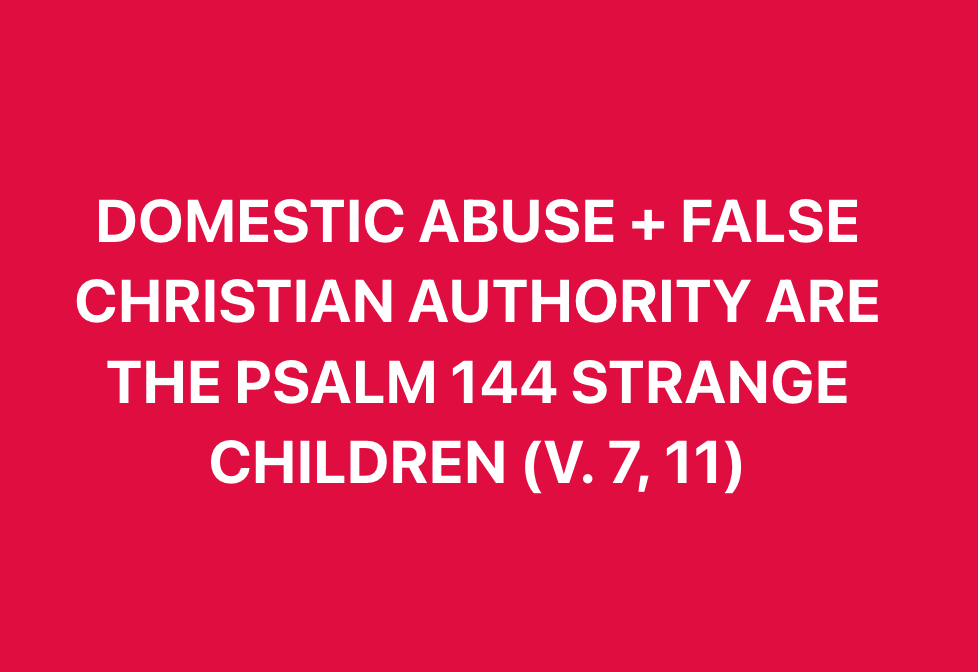
SECTION 2 PERCEIVING, ASSESSING, ABIDING BY THE AUTHORITY OF CHRISTIAN TOP LEADERS, ELDERS
TAVEAU ASKS CHAT AI:
Would Apostle Paul disapprove of governing ministry pastors,leaders, accusing a person they have never once interacted with, means never spoken with , interviewed, yet use ‘prophetic seer” ( I feel it’s divining scanning) to inner read and by doing so determine the “inner fruit, sin, morals, motives’ or personal will of that said far away person) Please use Bible scriptures and First Church applied authority as I deal with this MUCH today in the prophetic “evil eye” far more Patrician, type of modern famous face following charismatic .
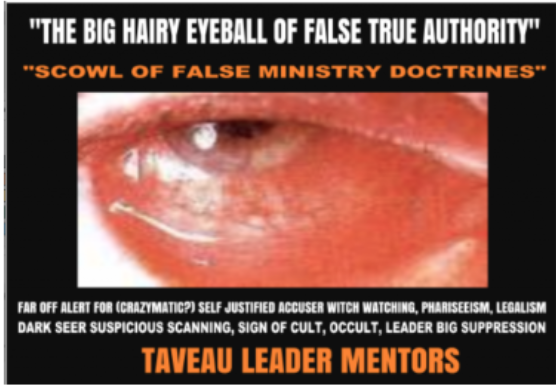
Taveau admonishes these about mega and micro thought control, like perverse evil eye WICCAN (likened wicker wood, twisted for human purposes) FELLOWSHIP (CONTRIVED, SUBLIMINAL) CONTROL AUTHORITY:
CHAT AI RESPONDS:
Apostle Paul’s teachings and the principles of the early church strongly suggest that he would disapprove of such practices where ministry leaders, without personal interaction or direct communication, claim to discern the “inner fruit, sin, morals, motives,” or personal will of an individual using “prophetic” means. This approach, which resembles divination, stands in stark contrast to biblical principles of discernment, accountability, and authority within the church.
1. Biblical Principles of Discernment and Accountability
- Matthew 18:15-16: Jesus teaches that if a person sins against you, you should go and point out their fault just between the two of you. If they listen, you have won them over. If they do not listen, take one or two others along, so that ‘every matter may be established by the testimony of two or three witnesses.’ This process involves direct communication and personal interaction, emphasizing relationship and accountability rather than distant or impersonal judgments.
- Galatians 6:1: Paul instructs, “Brothers and sisters, if someone is caught in a sin, you who live by the Spirit should restore that person gently.” This suggests that those who are spiritually mature should handle such matters with gentleness and care, and it implies personal involvement, not distant or detached judgments.
- 1 Timothy 5:19-20: Paul writes, “Do not entertain an accusation against an elder unless it is brought by two or three witnesses. But those elders who are sinning you are to reprove before everyone, so that the others may take warning.” This underscores the importance of credible, evidence-based accusations rather than vague, unverifiable claims. The process is transparent and rooted in community accountability.
2. Condemnation of Divination and False Prophecies
- Deuteronomy 18:10-12: “Let no one be found among you who sacrifices their son or daughter in the fire, who practices divination or sorcery, interprets omens, engages in witchcraft, or casts spells, or who is a medium or spiritist or who consults the dead. Anyone who does these things is detestable to the Lord.” While the passage directly addresses Old Testament practices, the principle applies broadly: God condemns practices that resemble divination, which includes attempting to discern hidden things about others without divine revelation or direct knowledge.
- Jeremiah 23:16: “This is what the Lord Almighty says: ‘Do not listen to what the prophets are prophesying to you; they fill you with false hopes. They speak visions from their own minds, not from the mouth of the Lord.’” This warns against those who claim to speak on behalf of God but are actually expressing their own thoughts, often leading others astray.
- Acts 16:16-18: Paul encounters a slave girl who has a spirit of divination and, though she speaks the truth about Paul and his companions, he rebukes and casts out the spirit. This demonstrates Paul’s disapproval of divination and the use of spiritual means to discern hidden truths without God’s clear revelation.
3. First Church Applied Authority and Practice
- Acts 15:1-29 (The Jerusalem Council): The early church dealt with significant doctrinal and moral issues through councils and direct discussions, rather than through distant judgments or “prophetic” insights. Decisions were made with input from multiple leaders, and there was a strong emphasis on unity, relational authority, and collective discernment.
- 1 Corinthians 14:29-33: Paul instructs the church on the use of prophecy, stating, “Two or three prophets should speak, and the others should weigh carefully what is said.” This means that prophetic words are subject to discernment by the community, not taken as absolute without testing. This discourages isolated or authoritarian prophetic practices where leaders might misuse their position.
4. Paul’s Approach to Leadership and Correction
- 2 Corinthians 13:1-10: Paul talks about his readiness to address issues when present with the church, emphasizing that his authority is for building up, not tearing down. He stresses that correction and discipline are to be done in person and in a way that promotes the health and unity of the church. This contrasts with the idea of judging someone from afar without personal interaction.
- 1 Corinthians 4:5: “Therefore judge nothing before the appointed time; wait until the Lord comes. He will bring to light what is hidden in darkness and will expose the motives of the heart. At that time each will receive their praise from God.” Paul cautions against premature judgment, especially when it involves motives that only God can fully understand.
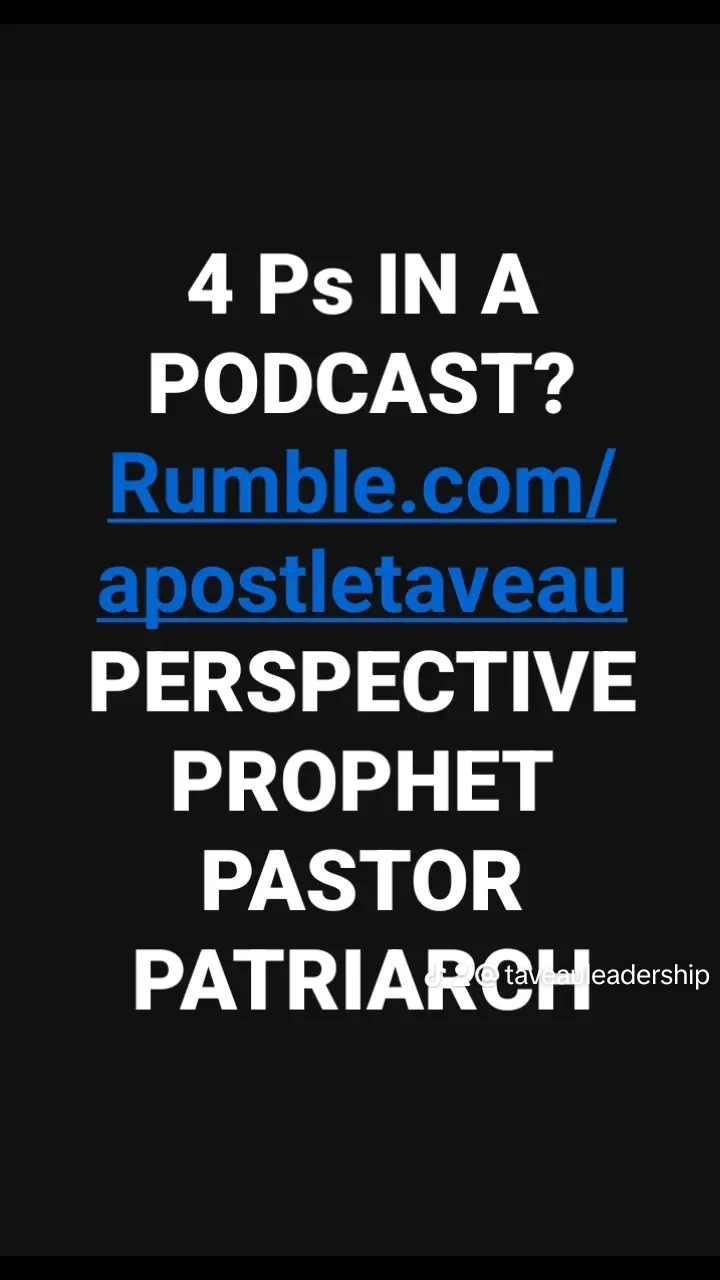
Application Today: Disapproval of Divination-Like Practices
In light of these scriptures and the principles of the early church:
- Paul would likely disapprove of leaders who claim to discern the inner life of a person they have never interacted with, especially using means that resemble divination. This approach bypasses the biblical methods of accountability, direct communication, and the relational nature of church discipline and correction.
- True prophetic ministry should be exercised with humility, accountability, and in the context of relationship and community, not as a tool for distant judgment or control. The practices described would be seen as presumptuous and potentially harmful, as they lack the relational foundation and biblical process that Paul consistently advocates.
Response to Modern Charismatic Practices
- Discernment and Testing: Believers are encouraged to test all things (1 Thessalonians 5:21) and to be wary of prophetic practices that do not align with biblical principles. Leaders should be held accountable to the community, and prophetic words should be weighed carefully by others.
- Rejecting Divination: Any practice that resembles divination or unauthorized spiritual insight into someone’s private life should be rejected. The New Testament model emphasizes relational accountability and the proper use of spiritual gifts within the context of community.
Paul’s approach to leadership, correction, and the exercise of spiritual gifts is one of accountability, relational interaction, and humility. The practices you describe would likely be seen as contrary to the biblical model and potentially dangerous to the health and unity of the church.
TAVEAU WANTS TO KNOW
“What shall you, I do if we believe that false authority to subliminally perverse control is being employed.
CHAT AI responds:
Express Concerns About Divination-Like Practices
- Deuteronomy 18:10-12 & 1 Thessalonians 5:21: Highlight the dangers of practices that resemble divination, stressing the need for clear, scriptural discernment.
- Suggested Response:
“I’m concerned that some of the methods being used might resemble practices that Scripture warns us against, such as divination (Deuteronomy 18:10-12). We’re called to test all things and hold fast to what is good (1 Thessalonians 5:21), ensuring that our prophetic ministry is exercised in a way that honors God’s Word.”
4. Encourage a Biblical Approach to Prophetic Ministry
- 1 Corinthians 14:29: Advocate for a prophetic ministry that is exercised with accountability and communal discernment, as outlined by Paul.
- Suggested Response:
“Paul teaches us that prophetic words should be weighed carefully by the community (1 Corinthians 14:29). I believe it’s crucial for us to maintain this practice of accountability, ensuring that any prophetic insight is confirmed through relationships and tested by Scripture.”
5. Invite Further Dialogue and Prayer
- Proverbs 15:22: Open the door for further conversation and collective prayer, seeking wisdom and unity.
- Suggested Response:
“I would appreciate the opportunity to discuss these concerns further and to pray together for wisdom and guidance. Proverbs 15:22 reminds us that plans succeed with many advisers, and I believe that through prayer and discussion, we can find a path that honors God and strengthens our ministry.”
6. Be Prepared for Various Reactions
- Remain Graceful: Be prepared for various responses, including defensiveness. Keep your tone respectful and loving, even if met with resistance.
- Stand Firm: If necessary, be prepared to stand firm in your convictions, potentially seeking counsel from other trusted leaders or a broader church body if the concerns are not addressed.
7. Consider Broader Accountability
- If private conversations do not lead to resolution and the practices continue, consider bringing your concerns to a wider group within the church, in line with Matthew 18:16. Ensure that this step is taken with a heart for unity and the well-being of the entire community.
Example Full Response:
“Dear [Leader’s Name],
I want to express my deep respect for your leadership and commitment to our community. However, I’ve observed some practices within our prophetic ministry that concern me. Specifically, the use of prophetic insights to assess individuals’ inner lives without personal interaction seems to conflict with the biblical principles of discernment and accountability.
Scripture urges us to handle such matters with gentleness and personal engagement (Galatians 6:1), and to avoid judgments that are not rooted in direct knowledge or relationship (1 Corinthians 4:5). I’m also concerned that certain methods being employed might inadvertently resemble practices that Scripture warns against, such as divination (Deuteronomy 18:10-12).
I believe it’s vital that our prophetic ministry aligns with the model Paul outlines in 1 Corinthians 14:29, where prophetic words are weighed carefully within the community, ensuring they reflect God’s will and honor His Word.
I would appreciate the opportunity to discuss this further with you and to seek God’s guidance together in prayer. My hope is that we can work towards a practice that strengthens our community and glorifies God.
Thank you for considering my concerns. I look forward to your thoughts.
In Christ’s love and service,
[Your Name]”
By approaching the situation with a focus on biblical principles, humility, and a desire for unity, you can address your concerns in a way that seeks to build up the church while protecting against harmful practices.

MEGA PITFALLS OF SERVING CHRIST’S AUTHORITY
SERVANT LEADER OPPOSED, TARGETED, WARRED AGAINST BY BIASED OFFICES, STAFF, ELDERS, PASTORS, LEADERS
TAVEAU ASKS MORE ABOUT CHRISTIAN LAY, ELDER RECOURSE
CHAT REPLIES:
CHAT GPT AI REPLIES:
READ DEEP DIVE INTO MINISTRY PROPHETIC MIND READING (www.taveauleader.com/DeepDive1) to understand HOW Dr T was made aware that she needed to address all of this!
